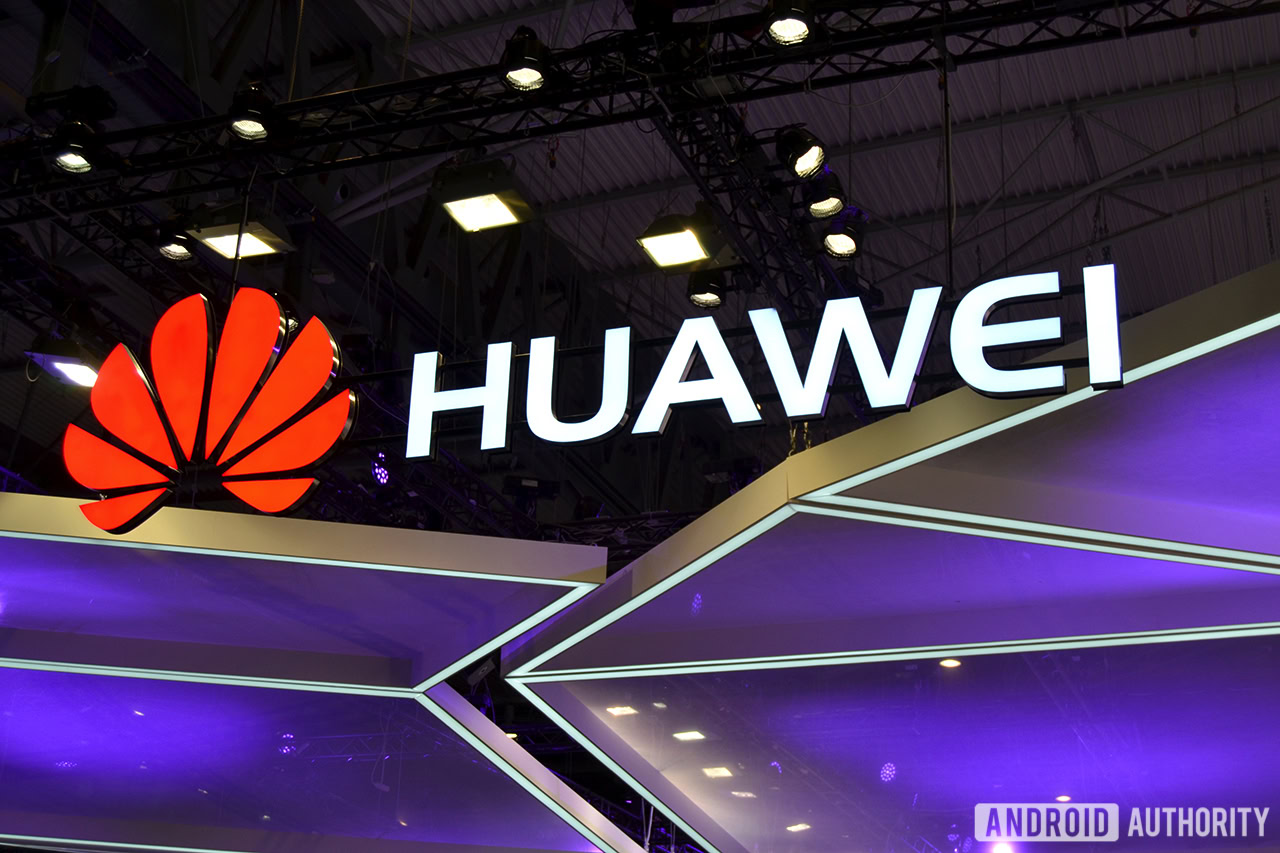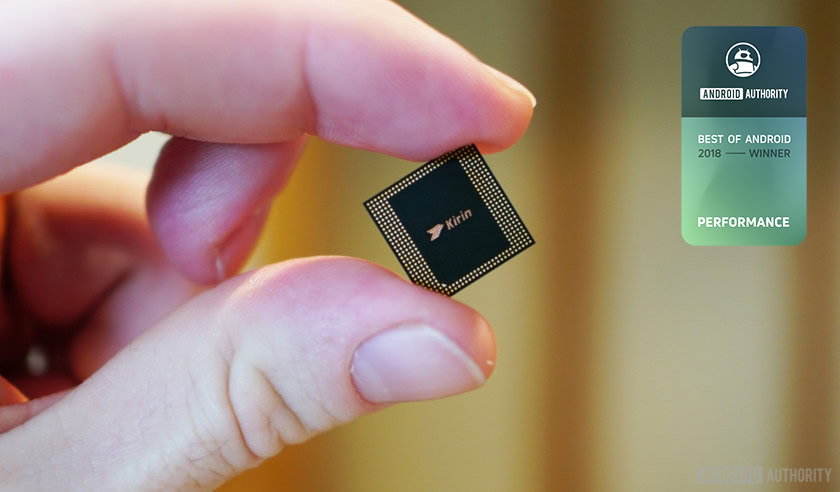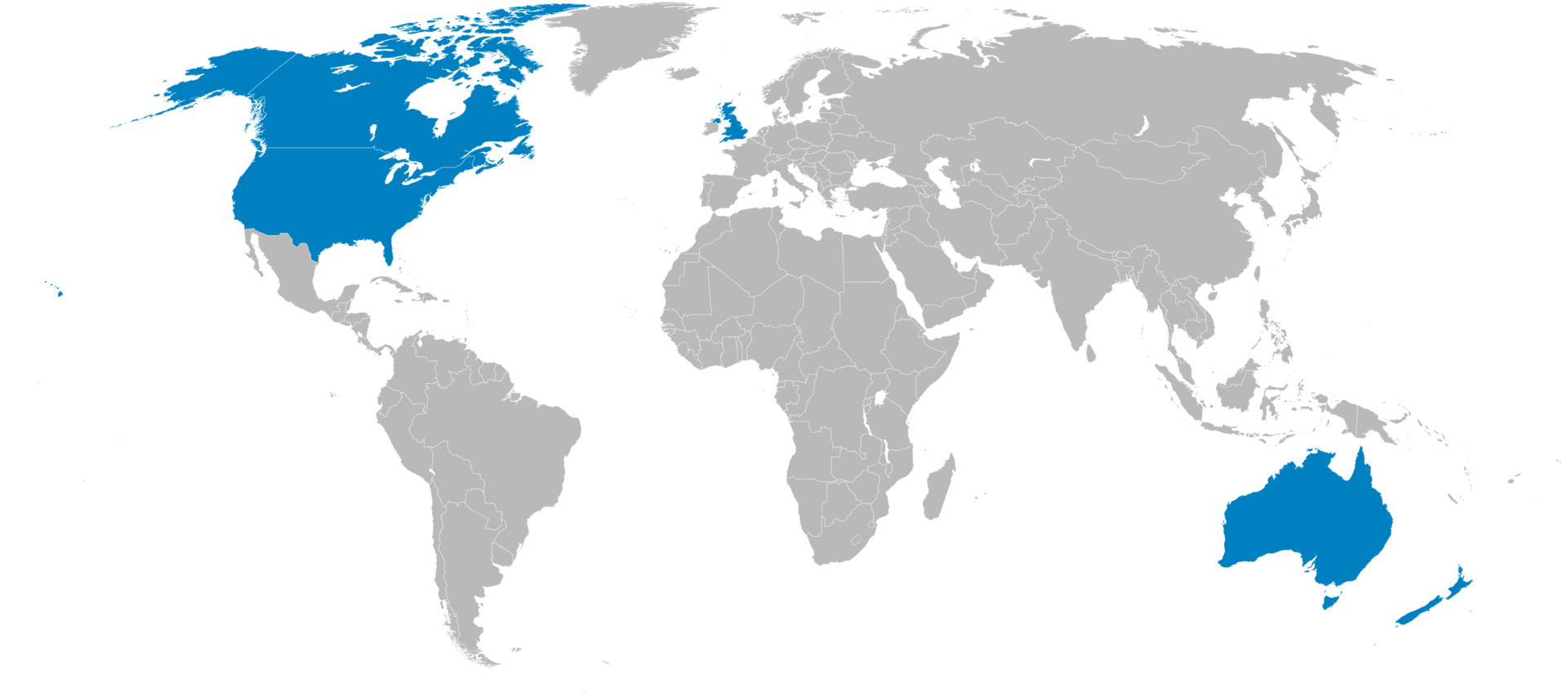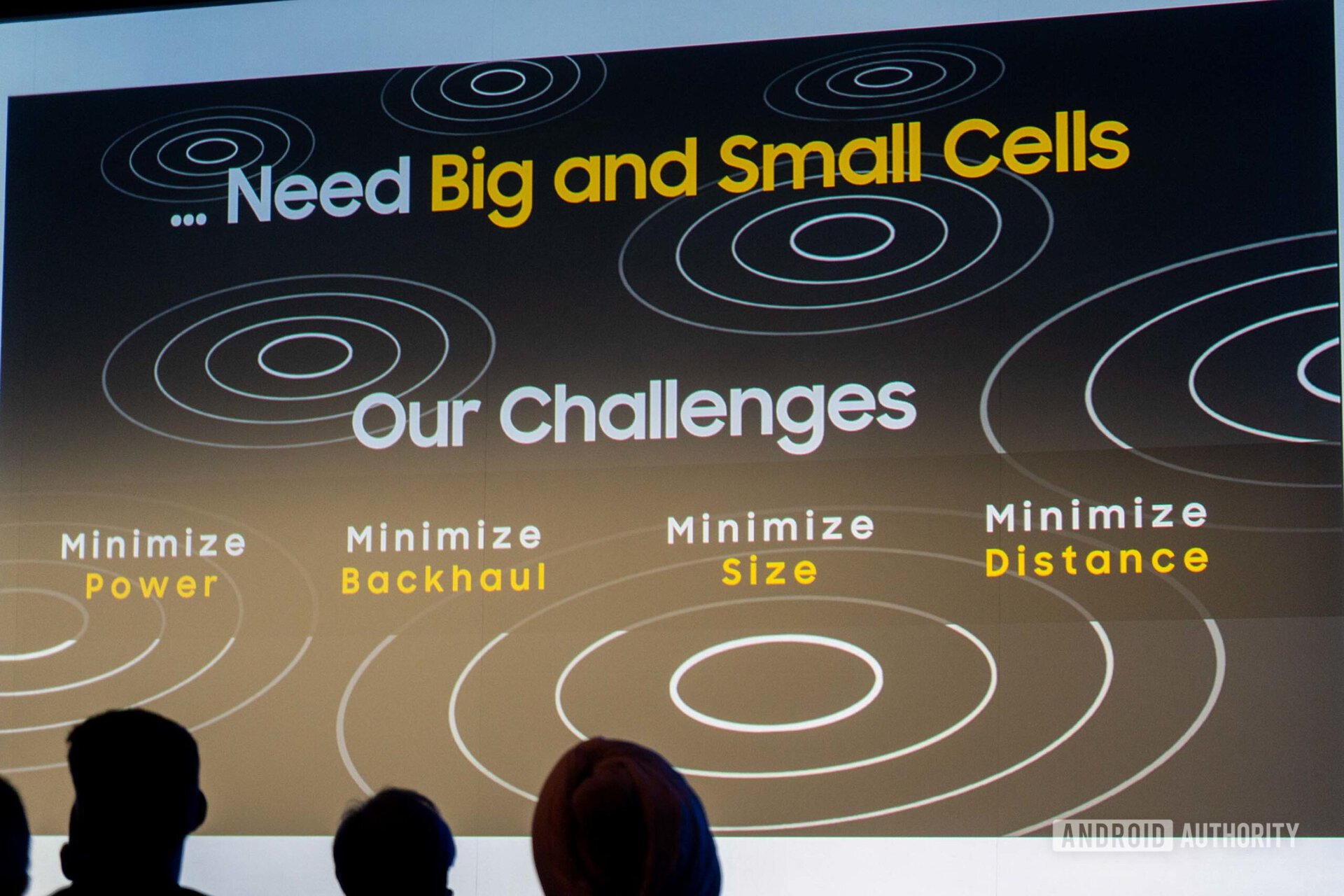Affiliate links on Android Authority may earn us a commission. Learn more.
HUAWEI troubles poised to land on US industry

HUAWEI is in deep trouble. It might not quite be ZTE levels of trouble, but the winds are swirling.
I’ve written about HUAWEI’s security and telecommunication equipment problems before. Add in trade wars and criminal allegations, and you’re almost caught up.
Previously I’ve tried to get to the bottom of security issues with HUAWEI, but the exact secrets have never quite been revealed. The Five Eyes nations firmly believe HUAWEI is more or less a proxy for the Chinese state, but the public hasn’t seen verifiable proof.
Things are changing. The arrest of CFO Meng Wanzhou, daughter of founder Ren Zhengfei, in Canada occurred on Dec. 1. The public wasn’t aware of her detention until Friday, December 7th.
The arrest of Meng Wanzhou is cataclysmic. You may have seen the headlines about Beijing’s fury, threats to Canada, and furor, but it hasn’t taken legal action, as you might have well expected.
The situation currently surrounding HUAWEI has major implications for worldwide 5G rollout.
Here’s how the South China Morning Post described the aftermath of the arrest:
“The shocked tone rings false. If China’s ambassador to Canada was really so sure Meng’s arrest was wrong, he could have filed a writ of habeas corpus to have her brought immediately before a court to determine the lawfulness of her detention. He did not.”
Meng was eventually freed on a $7.5m bail, and must wear an ankle bracelet along with paying for 24/7 security to ensure she does not attempt to flee Canada, as an extradition hearing is set up. Meng was also forced to surrender all passports and travel documents.
The U.S. Justice Department is seeking to pursue investigations that HUAWEI violated U.S. sanctions on Iran. While non-U.S. companies are free to deal with Iran — Samsung sells smartphones to Iranians — they can’t sell U.S. technologies like Intel or Qualcomm chipsets or modems. A similar breach of sanctions saw ZTE barred from using U.S. companies’ technology — something later watered down to fines after reported intervention from the White House.
Any such ban would be devastating for HUAWEI’s business. Of HUAWEI’s reported 92 core suppliers, 33 are U.S. corporations, including chip makers such as Intel, Qualcomm, Broadcom, and Micron.

Any ban on HUAWEI utilizing U.S. technology, would cause serious issues for the company’s handsets and 5G technology. HUAWEI manufactures more of its own chips, including an award-winning processor but this could still cripple it. HUAWEI is largely a symbol of China’s success, both domestically and abroad.
For us, we need to imagine if Tim Cook or Sundar Pichai were arrested in China. The uproar would be immense, and many would feel China would be overreaching. In this case, the U.S. involving Canada adds a third party, and Canadians may be anxious about retaliation from Beijing having been caught up in the HUAWEI mess.
Additionally, the U.S. is still pressuring its allies to avoid HUAWEI telecommunications equipment. Japan is the latest country to exclude both HUAWEI and ZTE from the 5G network rollout. BT in the UK also recently decided to bar HUAWEI equipment from its 5G rollout, and remove existing HUAWEI 4G infrastructure as well.
Why?
Spy agencies come in from the cold

We know that the Five Eyes (U.S., U.K., Canada, Australia, New Zealand — often abbreviated FVEY) attorneys general met this year from an Australian government release later removed from a Home Affairs website, though you can read it here.
Then came a rare set of speeches by top intelligence chiefs. These were significant, even if the words were moderate and indirect.
On Oct. 29, the first ever public speech was made by head of the Australian Signals Directorate Mike Burgess, following Australia’s ban on HUAWEI’s involvement in 5G networks:
These twin themes of technological and strategic economic shifts can be seen in the government’s recent decision to prohibit telecommunications carriers from using high-risk vendors in 5G networks.This decision, which was not taken lightly, was supported by technical advice from my agency, all elements of my agency. Our intelligence and offensive cyber experts that led the formation of our cyber security advice. Offence informs defence.
Then came the second-ever public speech by an MI6 boss, Alex Younger on Dec. 3, who sounded a general warning over technology:
But I have also witnessed the damage new technologies can do in the hands of a skilled opponent unrestrained by any notion of law or morality, as well as the potentially existential challenge the data age poses to the traditional operating methods of a secret intelligence agency.We and our allies face a battle to make sure technology works to our advantage, not to that of our opponents.
“We need to decide the extent to which we re going to be comfortable with Chinese ownership of these technologies and these platforms in an environment where some of our allies have taken a quite definite position,” Younger said in later comments reported by the BBC.
Three days later, the Canadian Security Intelligence Service’s top spy, David Vigneault, gave his first public speech.
“Plainly said: there is state-sponsored espionage in Canada,” said Vigneault.
None of these spymasters mentioned HUAWEI or ZTE, but you don’t need to have beaten an Escape Room game to understand the warnings.
Then from the top echelon of the U.S. seat of power came the hugely significant speech by Vice President Mike Pence, a truly extraordinary attack on China at The Hudson Institute. Hostile and directly mentioning China no less than 91 times in remarks heard around the world.
How much does hurting HUAWEI hurt US networks and allies?
HUAWEI is banned from involvement with 5G rollout in the U.S., Japan, Australia, and New Zealand. Canada may follow suit, with a former prime minister calling for the same limitation. HUAWEI remains active with 20 5G contracts with other major carriers, and it’s actively involved in 5G rollout and testing in the U.K., despite spy chief concerns.
In Liverpool, VF HUAWEI Land, for the weekend. Well deserving of its @VodafoneUK flagship status – 416mbps 3CA 1_7_20 2T2R here. pic.twitter.com/4cdrxfygbk— Peter Clarke (@PedroClarke1) November 10, 2018
At the very least, carriers in countries banning HUAWEI will have a more expensive and difficult rollout of 5G technology. That means consumers will have to wait longer and pay more for 5G when it becomes available. Countries will have to rely on Swedish giant Ericsson and Finnish Nokia, a two-horse race for most major wireless bands. Samsung is a contender in mmWave very high spectrum bands only.
Any country banning HUAWEI will have a more difficult rollout of 5G technology.
This will likely mean slower U.S. uptake of 5G wireless. We’re already seeing test environments in some major urban centers, but significant 5G penetration outside of major cities soon is unlikely.

The U.S. has legitimate concerns about the importance of 5G infrastructure. 5G will, in as little as two or three years, take over from even wired installations where the traditional routing of major voice and data takes place. Significant and nationwide telecommunications infrastructure could be at risk to Chinese influence, however small, and however much HUAWEI protests its innocence.
The next major act of significance will be the outcome of Meng Wanzhou’s extradition, and the response from China. For now, China is incensed, but not retaliating. If that changes, U.S. lag on 5G infrastructure could be the least of its worries.